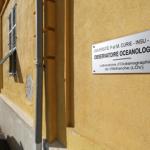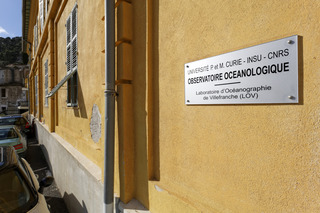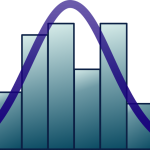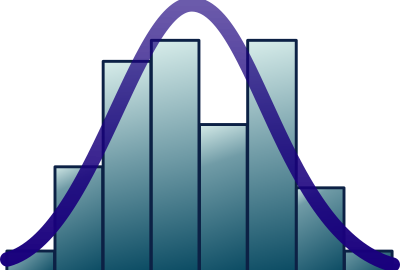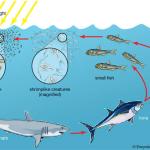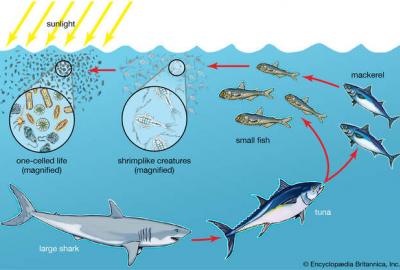Marine Ecosystem Modelling
One main challenge in marine ecology is to train biologists and ecologists to develop and use mathematical models to solve scientific questions or manage complex systems. The aim is to give students the skills to understand, conceptualise, build, and operate different kinds of models focused on marine ecosystems. This teaching unit is based around a very practical approach where all lectures are followed by practical computer-based labs. Students will also have to conceive and write their own models.
Course Contents
All the following topics will be tackled through courses followed by practical work:
- Ecophysiology and functional responses in Energetic and eco-physiological models
- Population dynamics, communities dynamics
- Physical- biological ecosystem models from 0 to 3 spatial Dimensions
- Individual Based Models and Lagrangian models
- Trait based modelling
Final Competencies
1 Ability to understand, conceive, build, and operate a simple model.
2 Ability to understand how the different hypothesis included in a model control its behaviour.
3 Ability to understand the different uses of a model for scientific (for example biogeochemical budget) or operational (for example conservation) purposes, in order to solve the different questions it can respond to, and its limitations.
4 Ability to discuss with mathematicians or physical oceanographers on complex model development and usages.
Further course information can be found here: https://studiekiezer.ugent.be/studiefiche/en/C004306/2021

